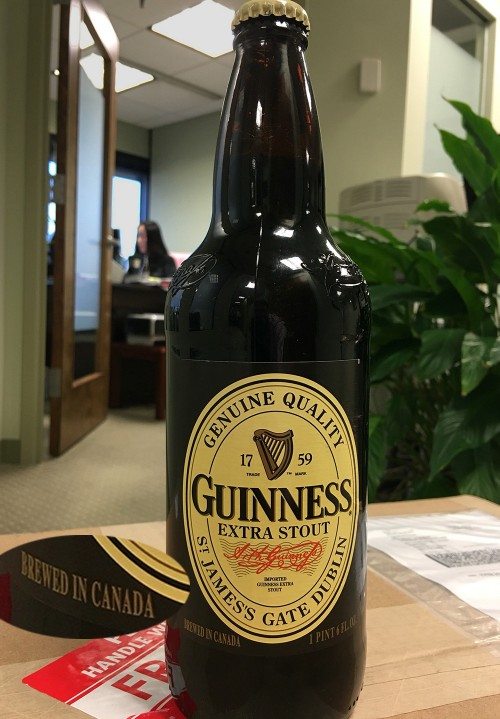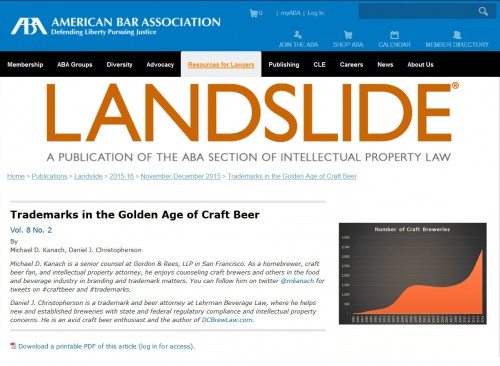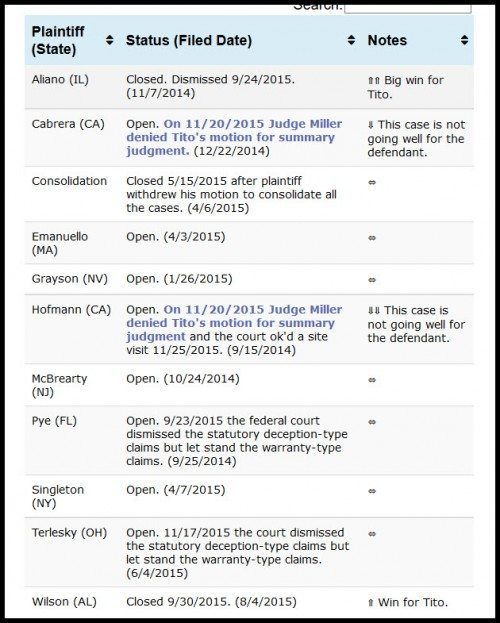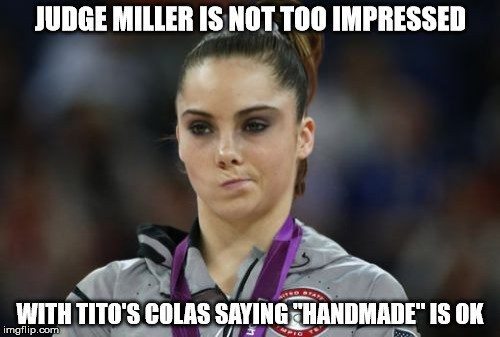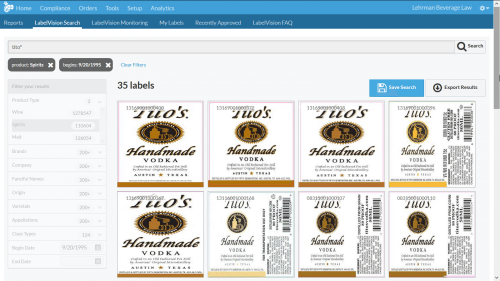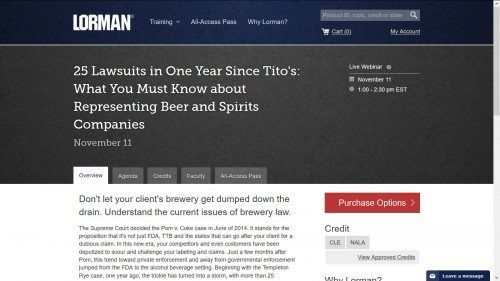I normally like The Wall Street Journal but wow a recent editorial about “The Craft Beer Cops” was a letdown. I am not sure it is even worthy of a college newspaper, or one of the Journal’s interns. I don’t see any new points and I certainly don’t see any ideas for how to more properly regulate the industry. It has the feel of Trumpism; a few guys said it’s bad, and that becomes sufficient evidence that it’s a yuge disaster. I don’t want to paste the whole editorial because it’s behind a paywall, so I tried to repeat only the worst half, as below within the block quotes.
You might think of a microbrewery as a home for free spirits who grow long beards, take their dogs to work, and make their own rules. But Washington won’t let them. …
This seems a dumb place to start. Does anyone really think each brewer should do entirely as they wish? I doubt it. So it’s really a question of which rules are good, not whether. Not to mention that there is plenty of evidence that many of the brewers like the rules and helped shape them.
Mr. Bush had recently bumped into Erik Olsen of New Hampshire’s Kelsen Brewing Company, who told him that competing in this industry requires a license from the U.S. Treasury that Mr. Bush says goes back to Prohibition days. …
Fantastic. One data point, based on bumping into one person. Is the licensing scheme bad just because it goes back a few generations?
[TTB] says its application process is …” You know, in case they might be Al Capone.
This seems particularly lazy and suggests that just because the bearded gents might not tote machine guns, that they are all angels. Also, I thought Al Capone was a spirits guy (not a Chardonnay or Dunkel guy). Then again, maybe he did dabble in Dunkel.
Brewers have to go back to the feds to get approval for each new label. … He adds that the agency “has to approve our plans before we can start using the new expansion space for brewing.” This can take six months or more.
This I agree with more. If the government wants to have at least one hand on the steering wheel, they should put up the resources to do so properly.
Ohio Gov. John Kasich got an earful on the same subject when he recently visited New Hampshire’s Henniker Brewing. The [rules] even covers font sizes. [Henniker] was forced to stop calling its old-fashioned porter “soothing” because regulators claimed it suggested a medical benefit.
Are font rules really so onerous, especially in that TTB more or less made this a low priority a few years back? What’s the point of mandatory labeling if it’s smaller than readable? Even if you think “soothing” should be allowed, if you think all words should be allowed, you probably just have a bad imagination.
This kind of nonsensical regulation could drive anyone to drink, and it’s one more reason we have a 2% growth economy.
This is the dumbest point of all. Despite all the rules, the Journal may have picked the single worst industry in the land, to make its point about stunted growth. Is any industry growing faster than craft beer?
